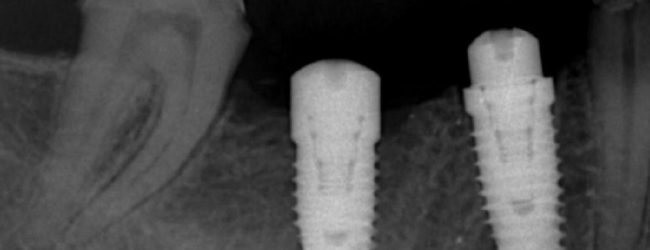
Teeth are a very important part of our everyday life as they help in biting, chewing and even showcasing that beautiful smile. It is devastating to have a hollow face just because your teeth got damaged. Fortunately, dental implants are able to resolve a number of these issues.
What Are Dental Implants?
A dental implant is an artificial tooth root that is made of titanium and is placed on your jaw so that a replacement tooth can be held. The procedure can involve replacing one tooth, several teeth or even all your teeth.
There are two types of dental implants
Subperiosteal
This is a dental implant that is placed on the bone and it is meant for people who have a relatively small bone height.
Endosteal
This dental implant is placed inside the bone.
Who Can Get Dental Implants?
Generally, any person who is suitable for a dental implant should be in good oral health. The bone structure should be strong in order to be able to support the prosthetic tooth.
Accident Victims
People who have been involved in an accident, for example a car accident, are likely to have their teeth damaged or potentially damage to their jaw. It is difficult to perform many tasks people take for granted when your teeth are no longer functioning as they always have. Visiting your dentist and discussing if dental implants are a suitable option can help repair a lot of the damage.
Mouth Cancer Patients
This is a situation where cancerous cells grow in the helm of the mouth causing your teeth to loosen form the gum. This can result to the teeth finally falling out and you are left with a hollow on your cheeks. You should visit your dentist who will first treat the mouth cancer through surgery and chemotherapy and after fully recovering; you can get dental implants.
Those With Severe Tooth Decay
Poor oral hygiene is likely to cause cavities and decay the teeth. When one has a cavity, it becomes difficult to chew your favourite food properly and you may experience sharp, shocking pains which can make life uncomfortable. You should see a dentist who will extract the affected teeth and, after your gum has healed, you can now have dental implants.
How Do You Care For A Dental Implant?
Just like any other form of treatment, you need to keep up with good oral hygiene and frequent visits to your dentist. Regular brushing and flossing, coupled with routine visits to your dentist is the best way to make sure your implants last as long as possible.
